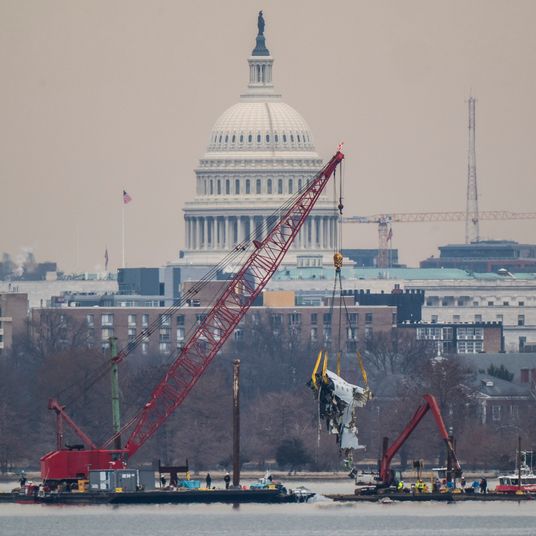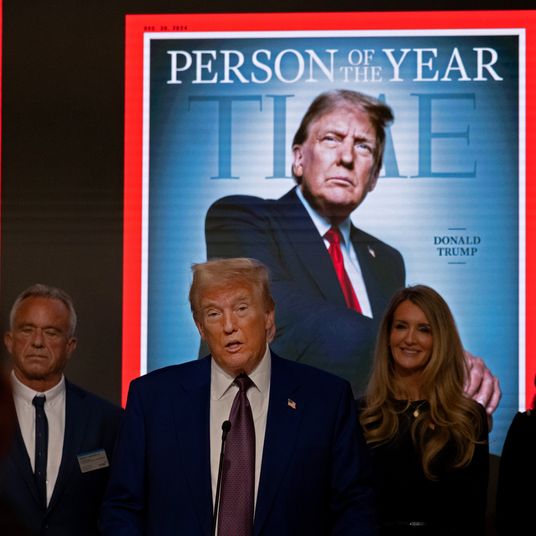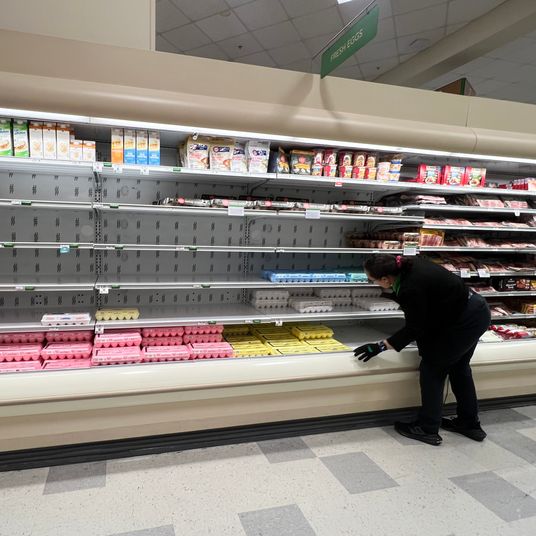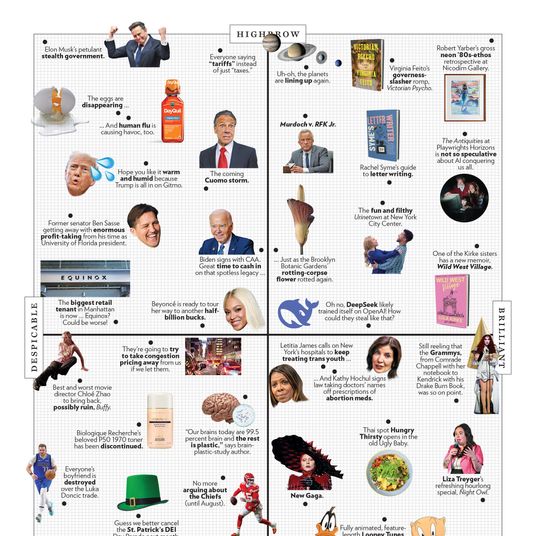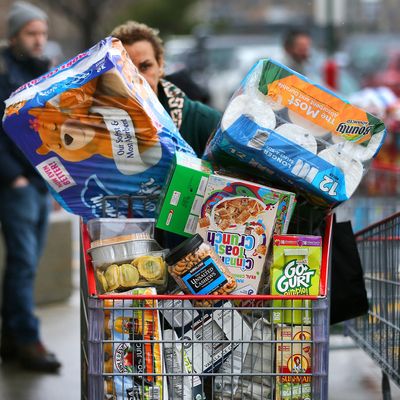
Empty store shelves are one of the most visible signs of the panic surrounding the rapidly advancing coronavirus pandemic and few shelves are emptying as quickly as those that typically hold toilet paper.
The run on TP around the country has led some stores to limit purchases, resulted in egregious cases of price gouging, and inspired an endless stream of memes.
But for all of those worried about where they’ll get their next Charmin fix or considering an experiment with bidets, the economist Jim Luke explains on his blog that empty toilet paper shelves are not a sign that we’re running out. Nor is it something that we need a clinical psychologist to explain.
The reason toilet paper shelves are empty, Luke writes, is that it’s typically a product with a very predictable buying pattern. Stores usually stock two or three days worth of inventory. Customers usually shop for toilet paper every two weeks or so, buying enough to keep them supplied until their next run to the big box store.
But the COVID-19 outbreak and the calls for social distancing that followed upended that steady flow of buying and restocking. People started buying more toilet paper, a “buffer stock” as Luke calls it, after they were told to prepare for more time at home. That resulted in a “temporary shock to a stable supply chain.”
Buying a buffer stock is only a temporary increase in demand. Once you have your buffer, you go back to buying just enough to match usage, keeping the buffer stock in place. You might think that having households add some buffer stock shouldn’t be a big deal, but it was — because that’s how fast TP inventory turns over.
Worries about continued hoarding of toilet paper are unfounded, Luke writes, because of the physical limitations of holding hundreds of rolls of Angel Soft. Toilet paper, as anyone who’s purchased a 30-pack of Kirkland Signature two-ply knows, takes up a lot of space. Plus, once the current run ends and shelves are once again fully stocked, hoarded supplies of TP will have little value.
And so, Luke concludes, no one should be worried about the toilet paper supply rebounding and people should certainly not resort to wiping with other non-flushable paper products. Unless they want to provide an economic stimulus to plumbers.





